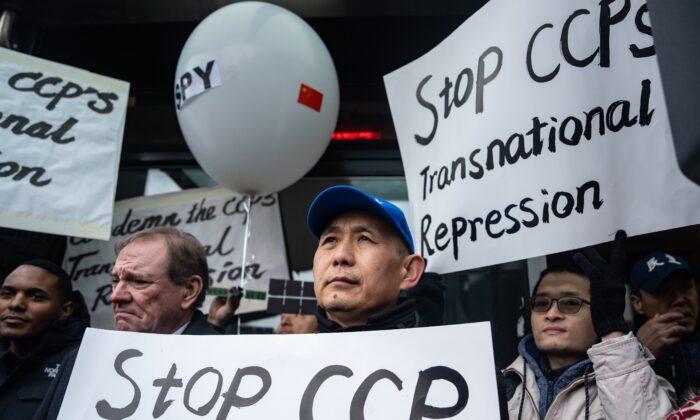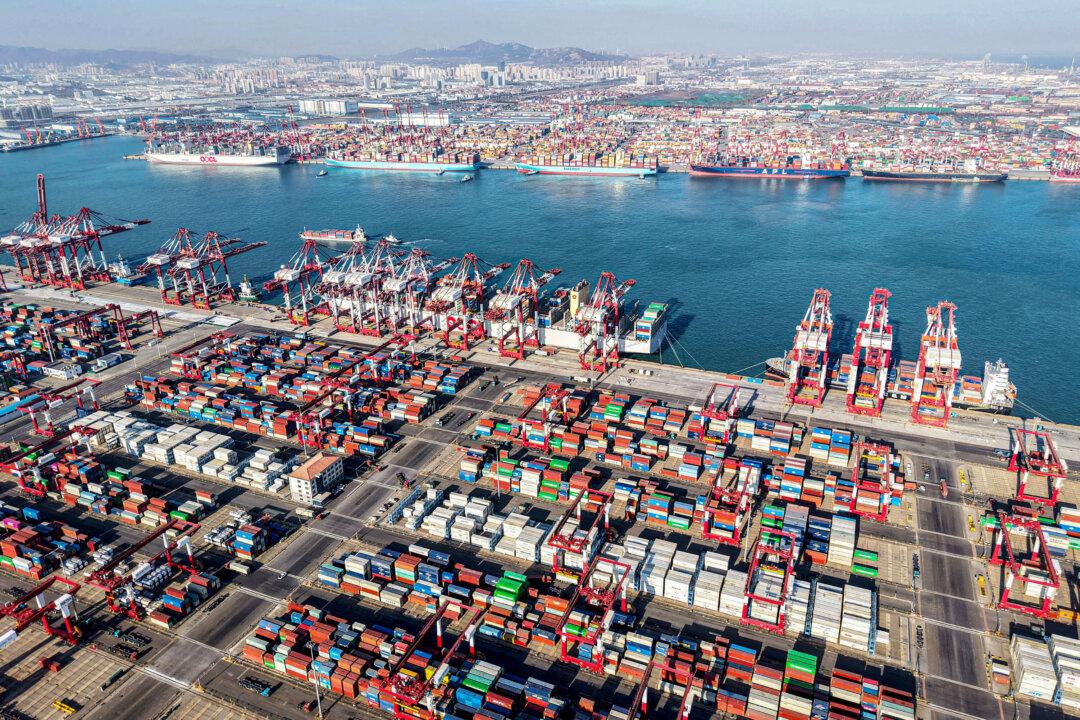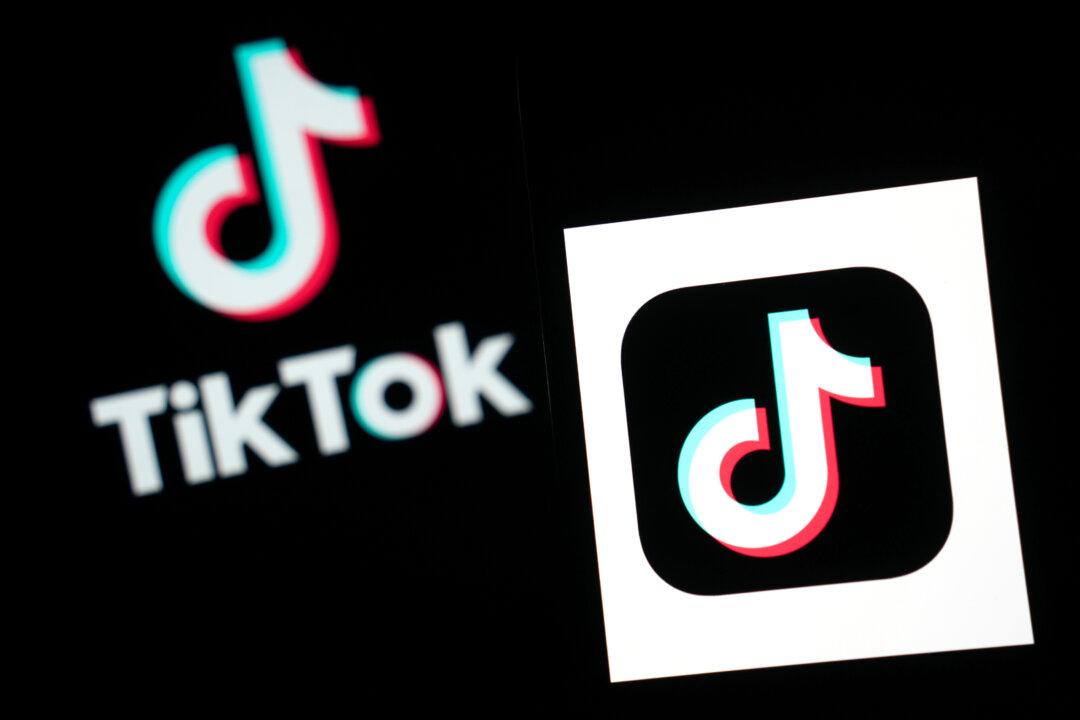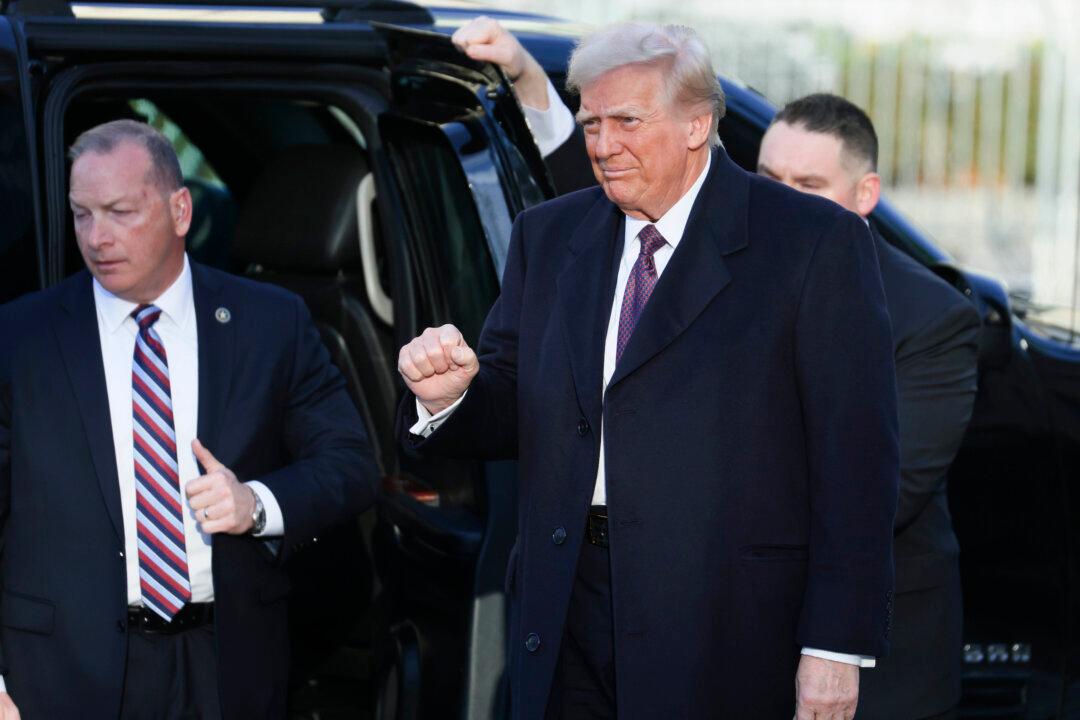A structural and comprehensive U.S. response to the Chinese Communist Party’s (CCP) influence and interference is needed, experts told a congressional advisory body.
An office that connects “the national security, civil liberties, and academic freedom risks presented by PRC’s [People’s Republic of China] overseas political activities” was recommended at a hearing of the U.S.–China Economic and Security Review Commission (USCC) by Andrew Chubb, director of the UK’s Lancaster University China Centre in the UK and a fellow at the Asia Society.
Another suggestion at the March 23 hearing was the creation of an “open source information and intelligence organization” to address the need to “bridge the intelligence community, the rest of the U.S. government, and outside partners in business, academic, and civil society.” That idea came from Peter Mattis, director for intelligence at the Special Competitive Studies Project, a nonprofit that’s dedicated to strengthening U.S. competitiveness in artificial intelligence and other technologies.
Mattis also recommended the development of artificial intelligence for the United States to “improve the comprehensiveness of all-source intelligence analysis” that maps to the scale of the CCP threat.
In Congress and other parts of the federal government, addressing the CCP threat is one of the few bipartisan issues.
At a congressional hearing with TikTok CEO Shou Zi Chew held on the same day as the USCC event, Rep. August Pfluger (R-Texas) acknowledged that Chew had achieved something rare.

CCP’s Global Media Influence
Sarah Cook, senior adviser for China, Hong Kong, and Taiwan at Freedom House, a nonprofit human rights organization, said the CCP threat is global.“It’s not about the U.S. versus China. It’s really about people, in countries that take values of democracy and freedom and national sovereignty seriously, themselves being outraged that this is happening in their country,” she told The Epoch Times.
During her testimony to the USCC, Cook highlighted the importance of protecting free expression amid the CCP’s media influence.
“The take-home is that the CCP is intensifying its efforts to influence media around the world. It’s becoming more sophisticated, covert, and coercive in how that’s happening,” she said. “But there is real democratic pushback and resilience. Both of those phenomena are global, and both of them are happening at the same time.
“This element of investigating and exposing the CCP influence becomes a very potent form of resilience when people understand what’s actually going on.”
Cook gave an example of mainstream media outlets—such as The New York Times, The Wall Street Journal, and The Washington Post—generating income from running CCP propaganda inserts in their print editions.
“They’ve quietly discontinued the insert, which their own journalists were complaining about for a very long time,” she said, noting that the exposure of the inserts became “embarrassing” for these media outlets.

Cook said the total amount of money the CCP invested in its global media influence is difficult to ascertain. However, she mentioned that China Daily, a mouthpiece of the CCP in English, paid $7 million to run inserts in five U.S. newspapers over three years.
“Do the math,“ Cook said. ”It’s like a tremendous amount of money.”






